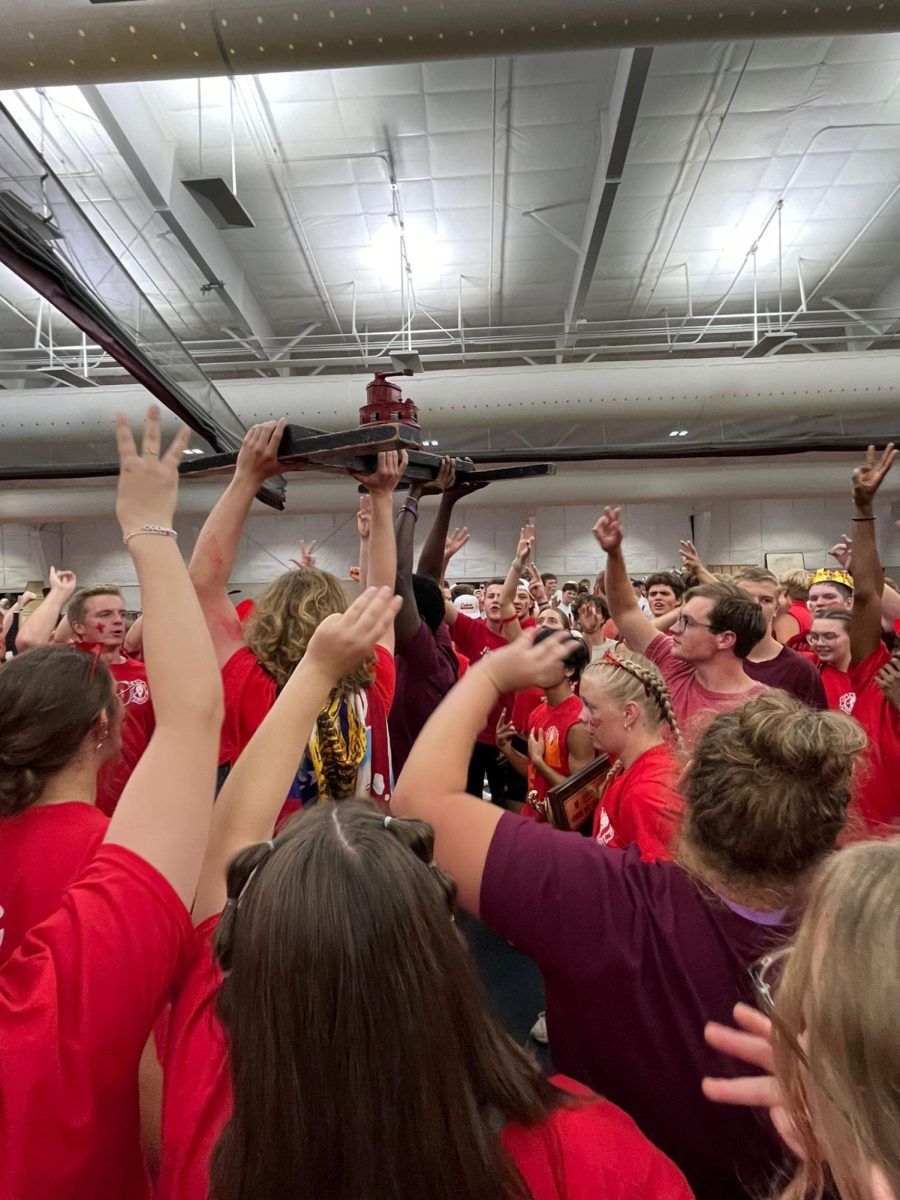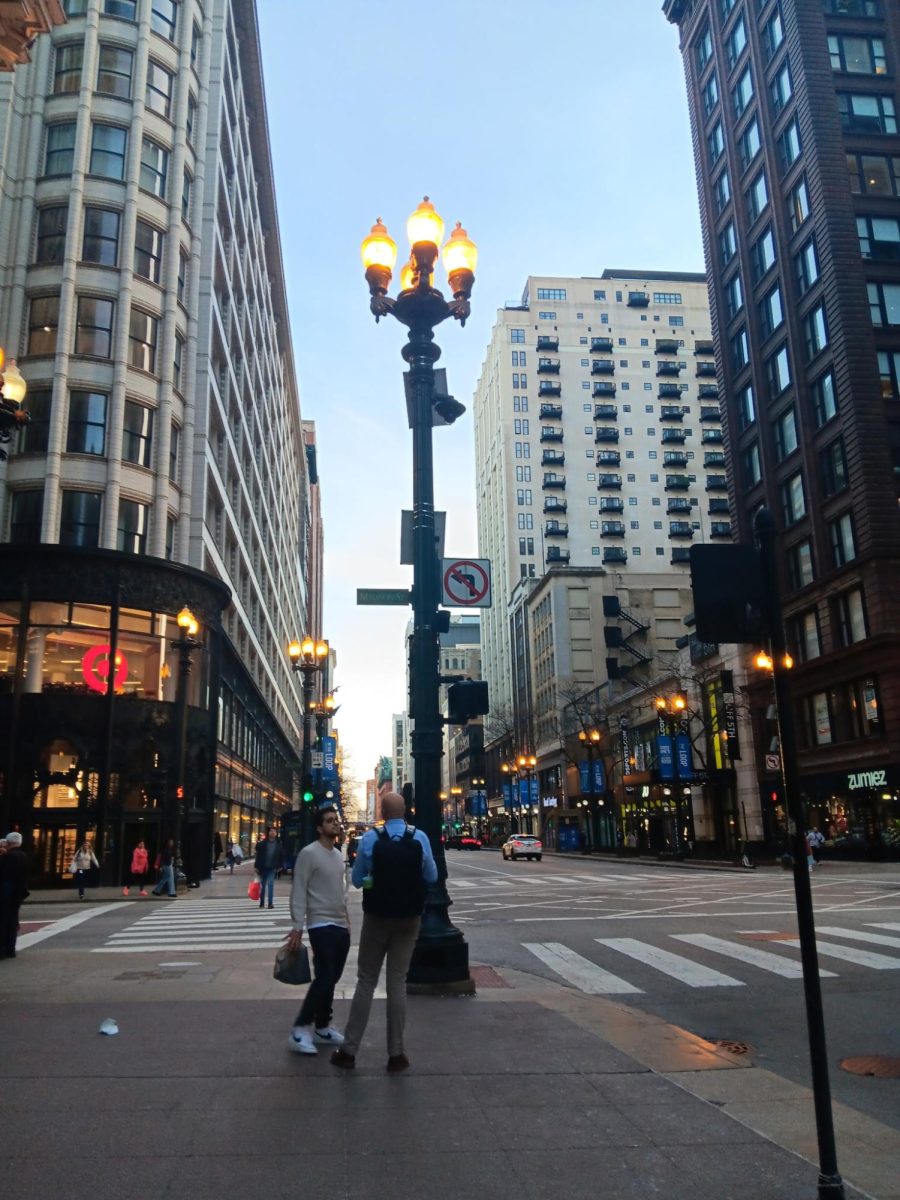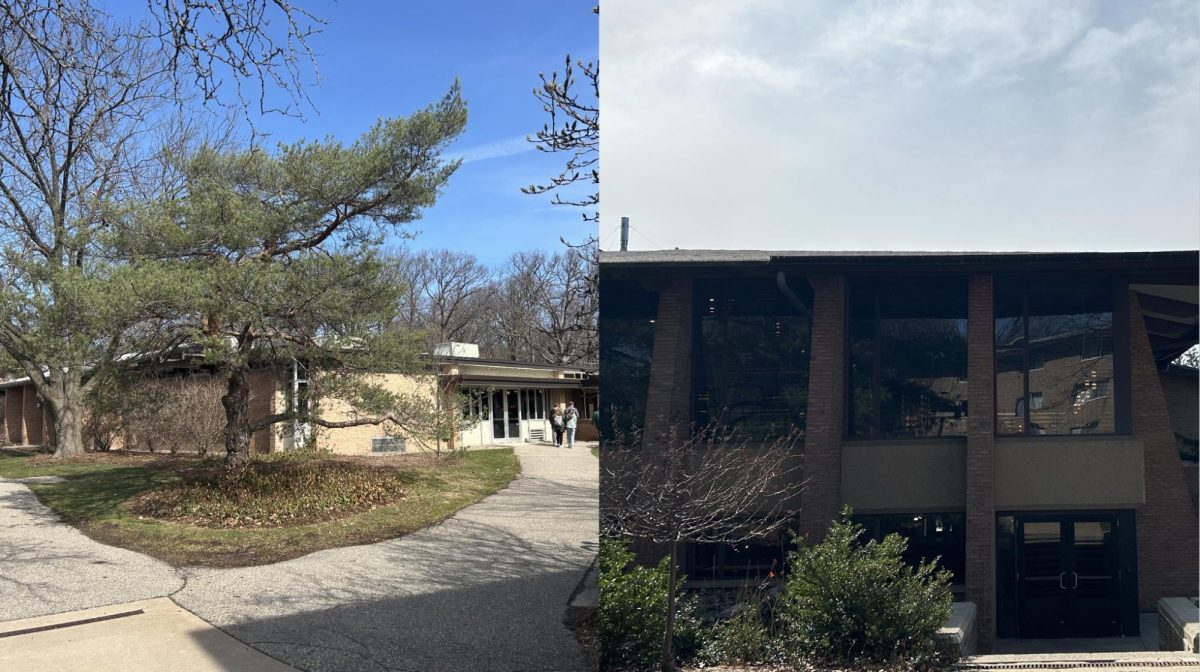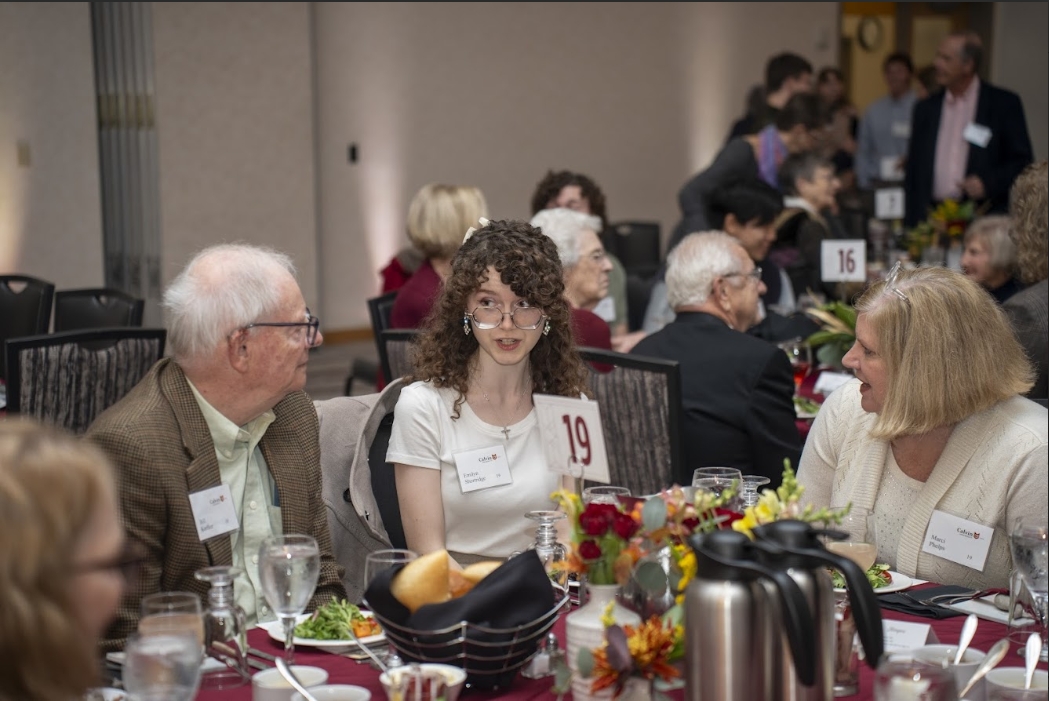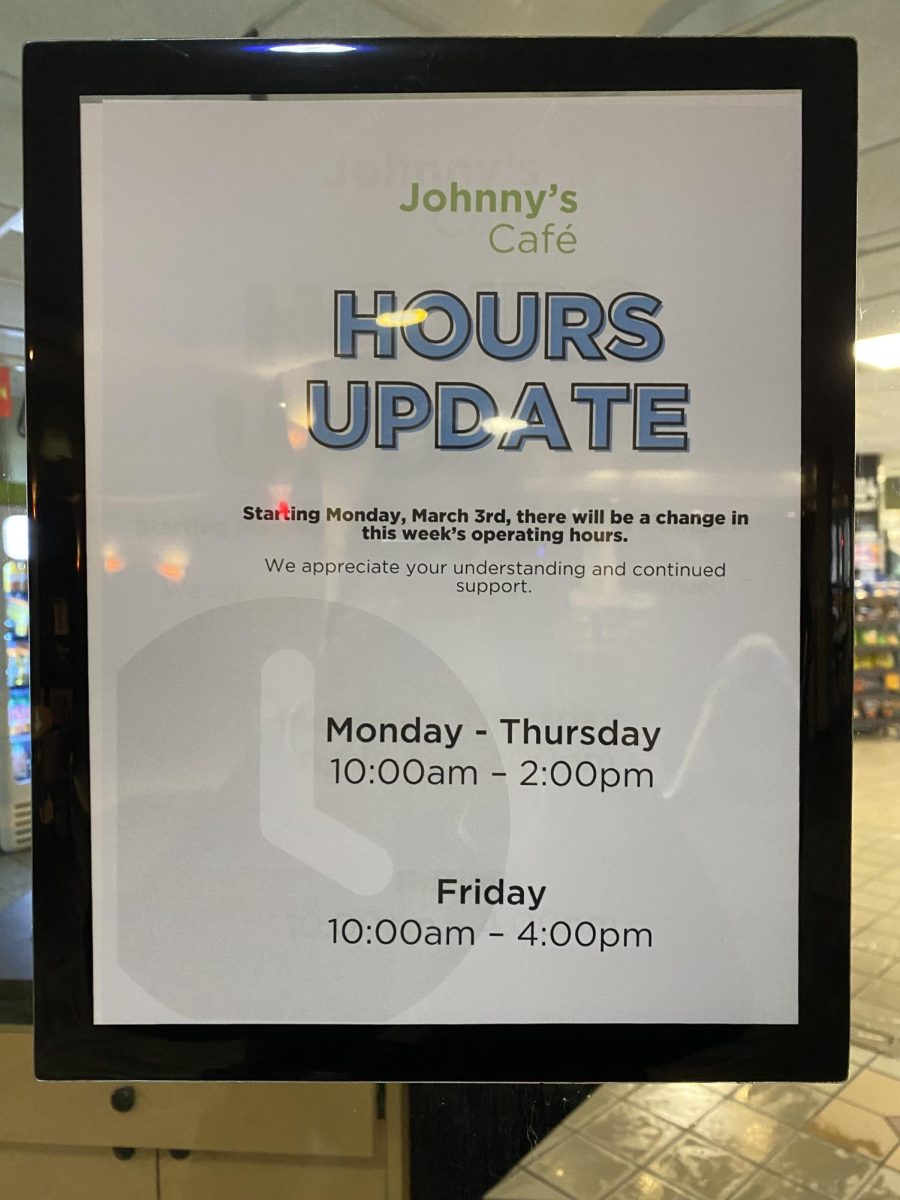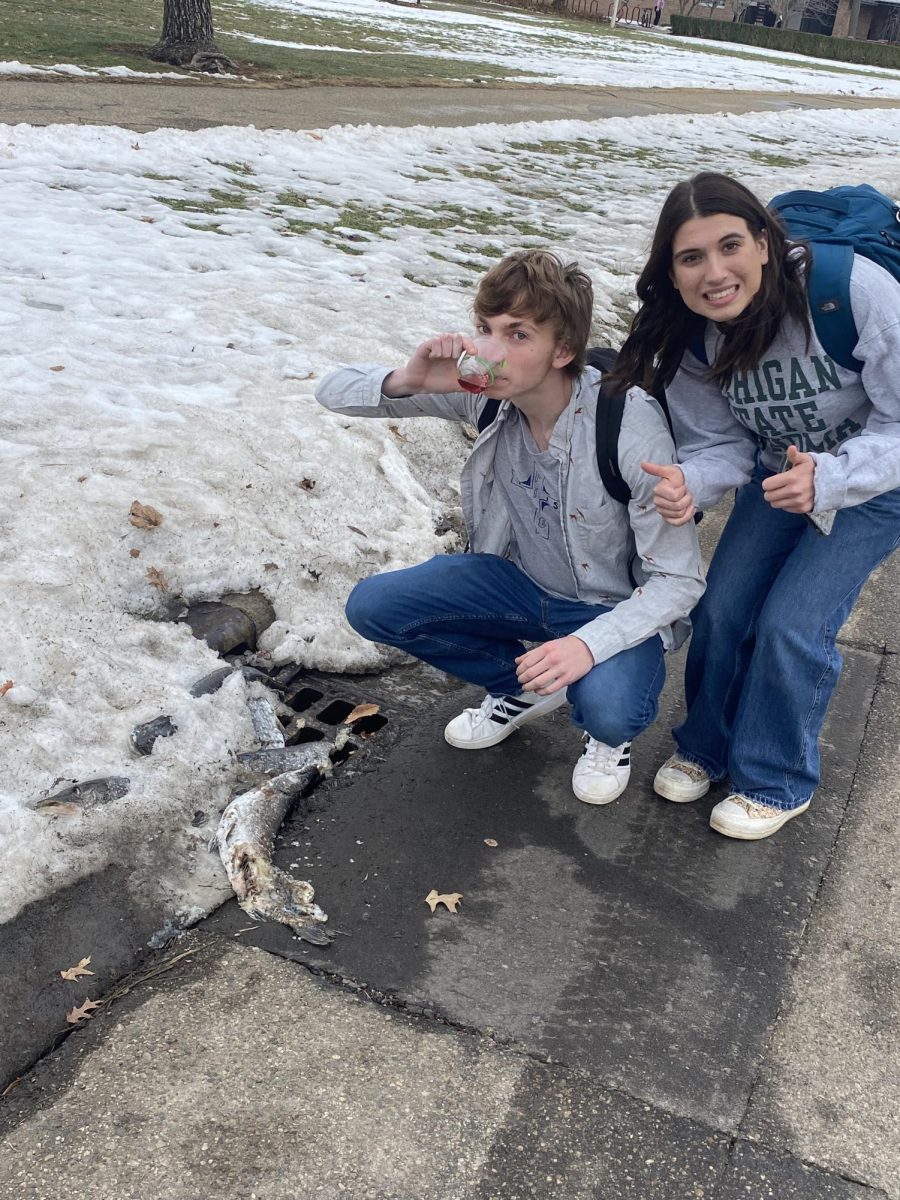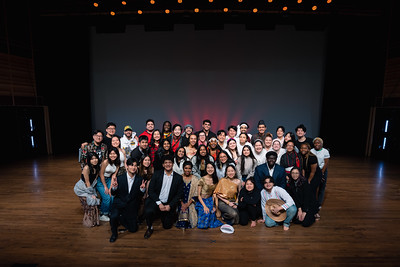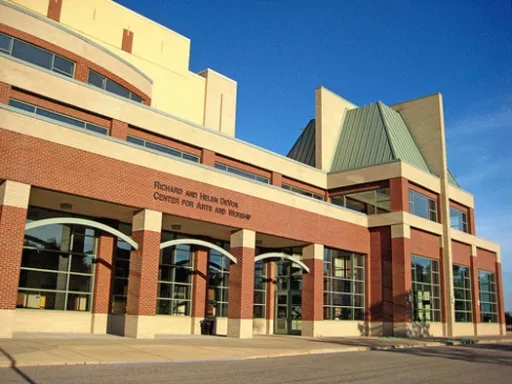The incoming freshmen in the class of 2028 were finishing up eighth grade in the spring of 2020. Even though it’s still recent, the pandemic’s presence continues to recede in the minds of those on campus. Chaos Night, the first major on-campus event of the year, demonstrated just how completely campus has bounced back.
Schultze-Eldersveld (SE) took its 33rd victory at Chaos Night 2024, out of 54 years of the competition. SE residents were also winners of the Cup of Participation, given each year to the dorm with the highest percentage of residents present at the event. Christian Frazier, SE’s graduate assistant, said that more than 140 residents – about 50 percent of the dorm – participated in Chaos Night.
Emily Fett, SE’s dorm president, described the dorm culture in SE this year as “a peek into what was dorm life pre-COVID,” and said dorm leadership has been “blown away” by engagement levels so far.
It’s not just Chaos Night. According to associate dean of student engagement JB Britton, student engagement at Calvin is recovering well post-pandemic for many different on-campus events. Director of housing and operations Jay Wise echoed this sentiment, and attributes this high level of engagement to having “lots of ways to get involved at Calvin – lots of on-ramps.”
Britton also noted that Calvin is relatively unique in its recovery. The COVID-19 pandemic, according to Britton, changed student engagement in higher education nationwide and impacted most college campuses negatively. According to Britton, many schools he’s talked to “have been struggling with a lack of student engagement” since the height of the pandemic. Britton says some of the most well-attended events are concerts, sports and weekend events.
Continuing challenges
However, this rebound in engagement is not without its difficulties. Wise emphasized changes in the way students are planning their schedules for events. According to Wise, current students are making very spontaneous decisions about whether or not to attend on-campus events. Wise said that “in the past, students might plan two or three days ahead…but now I feel like [students] might find out at four or five what they want to do at seven or eight.” According to Wise, understanding and marketing for this shift has been a challenge experienced over the past several years.
To accommodate this shift, Britton highlighted new channels of communication that the recently-rebranded Center for Student Engagement (CSE) is rolling out. Since the fall semester of 2023, the office has created The John posters and email newsletters, the Calvin Knight Life Instagram page, and the revamped Calvin events calendar. Britton said that the CSE has already received a large amount of positive feedback about the new channels.
In a further challenge, engagement among BIPOC and international students remains lower than among white and domestic students. Britton acknowledged that the CSE “has struggled with…having events that attract a diverse audience,” saying “our programming needs to shift.” Over the past several years, Britton said increasing engagement across all demographic groups has been “a tough nut to crack” – in part because the CSE does not possess the data-tracking ability other colleges and universities may have.
“We could say ‘oh wow, this concert sold 600 tickets!’…but we don’t know who bought the 600 tickets, and more importantly, who didn’t buy any tickets at all,” Britton said.
The rapid pace of change at Calvin also poses complications for involvement and engagement, with a shift in student organization chartering procedures and several new sports arriving since the pandemic. Wise said that the hope is that students would strike the right balance — being engaged without overcommitting — but the rise in new options is spreading many students thin. Britton said that this is a problem prevailing across the nation — there are the same number of students participating in student organizations, but more total organizations, so the “same sized pie just gets sliced thinner.”
The way forward
Despite the difficulties, there is optimism among administration and students. After Chaos Night, SE president Emily Fett said that there has been a high rate of involvement among sophomores in her building, which created a “culture of participation” as first-year students joined the dorm. Graduate assistant Christian Frazier echoed this sentiment, saying that “it’s been great to see dorm culture change and evolve.”
Wise and Britton both emphasized the importance of engagement and inclusion. “When you feel more a part of a place, you’re more apt to persist, not only for a semester or a year, but through graduation,” Wise said. Britton echoed this idea, saying that “I think ultimately that’s our hope, through student engagement, is that students have a better sense of belonging.”
Britton ended with a piece of advice to incoming students: “Jump in, try a few things, and hopefully you can find one or two that really connect to your experience.”



